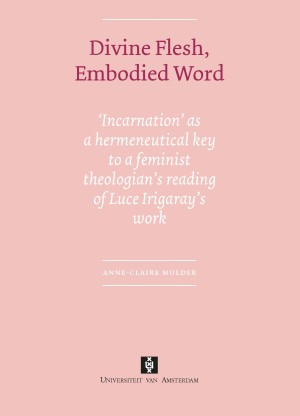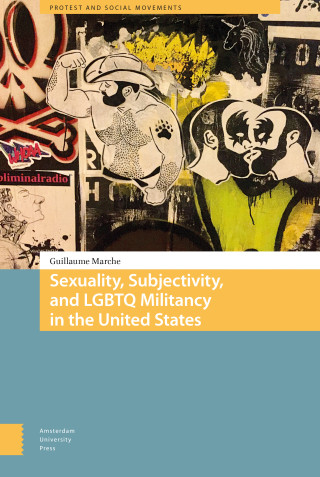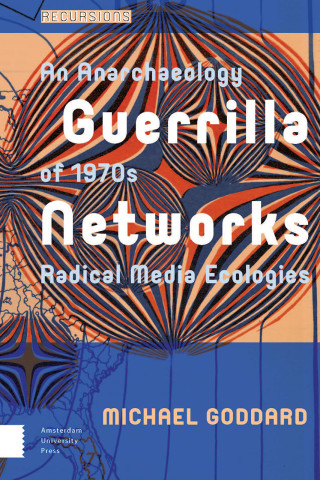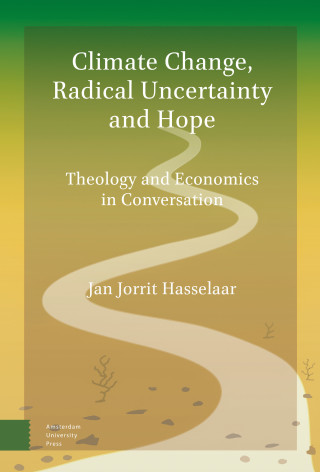Table of Contents - 7
Acknowledgements - 12
Acknowledgements 2005 - 14
Introduction - 16
I. Incarnation: the Word becomes flesh - 29
1. The order of discourse is built upon matricide - 32
A specific order of the city is established through matricide - 33
The constitution of the masculine subject is founded upon matricide - 42
2. 'And the Word became flesh': salvation or matricide? - 54
The Prologue to the Gospel of John - 56
The Niceno-Constantinopolitan Creed - 67
The Eucharist: this is my body, this is my blood - 71
3. Becoming woman, becoming 'hysteric': the genesis of female embodied subjectivity - 83
The order of discourse eradicates difference - 84
Becoming woman, becoming hysteric - 93
II. Incarnation: the flesh becomes Word - 109
4. The flesh: maternal, sensible, tangible and libidinal matter - 117
The flesh: blood, flesh, material elements - 119
Being is rooted in the flesh - 134
5. Morphology: corporeal, imaginary, linguistic differences between the sexes - 137
Morphology: the form of the flesh - 139
Morphology: the parameter to the formation of identity - 143
Discovering the morphology of the female sex. - 152
The morphology of language - 164
6. God-She: the horizon or 'objective' of a gender and the object of communication - 171
'God': the emblem of a 'house-of-language' - 173
7. God: mirror of woman - 190
Women need a Speculum Mundi to become - 193
Inventing an identity: giving oneself images - 203
Identity and becoming - 208
III. Incarnation: fruit of the encounter with the other - 218
8. The dialectical structure of the relation to the other - 224
The recognition of the alterity of the other - 225
From God as the transcendent Other to the transcendence of the other: Luce Irigaray's critique of God - 227
The recognition of the other is the labour of the negative - 242
The dialectical movement between self and other, between inner and outer - 251
Incarnation: the fruit of the encounter with the other - 255
9. Incarnation: the fruit of the encounter of female subject with the horizon of her gender - 258
The transcendence of the horizon of the female gender - 259
Luce Irigaray looks at art. - 270
The construction of a horizon: aesthetic practice and theory ánd the recources of this construction - 280
10. Incarnation: the fruit of the encounter of female subject with the other: man or woman - 293
The love of and for the other of different sex - 294
Love of the other, woman - 321
The fecundity of the love of the other - 333
Epilogue - 344
Speaking and thinking 'God': the dialectics between flesh and Word. - 344
The Flesh: living and productive matter - 346
The flesh as living matter - 346
The flesh is productive matter: the significance of a philosophy of sexual difference - 349
A post-theistic understanding of 'God - 358
The function of 'God' in a post-theistic discourse - 361
'God': the symbol of the transcendence of the horizon of a gender - 366
The dialectical relation of flesh and Word - 369
The dialectics between 'God' and the divine and the tension between eros and thanatos - 370
The divine: creative ánd disruptive force - 374
Bibliography - 380
Book and articles by Luce Irigaray, used in this book - 380
Books and articles by other authors - 382
Index - 396





